detail profile manuel guti c3 a9rrez arag c3 b3n
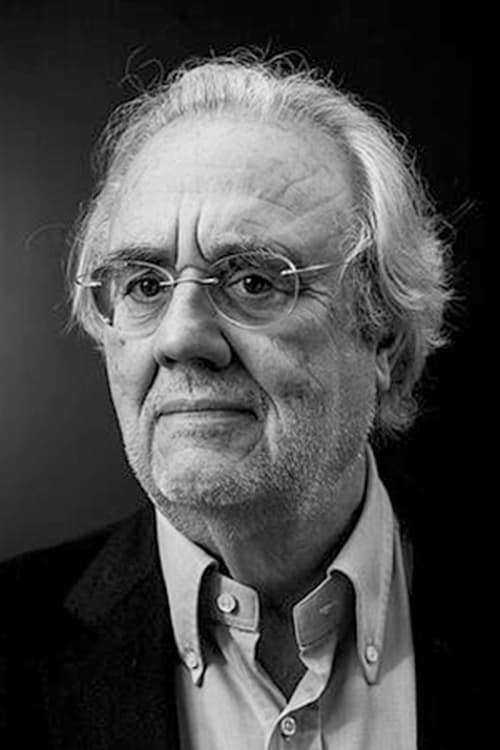
Riwayat Hidup
Manuel Gutiérrez Aragón (Torrelavega -Cantabria-, January 2, 1942).
Spanish film director, screenwriter and writer.
Graduated in Philosophy and Letters, in 1970 he graduated as a filmmaker at the Escuela Oficial de Cine de Madrid.
In 1973 he debuted as a director with Habla, mudita and won the Critics' Prize at the 1974 Berlin International Film Festival and an Oscar nomination.
Between 1974 and 1975 he wrote the screenplays for Las truchas, Furtivos, and Las largas vacaciones del 36 and established himself as one of the best directors of his generation with Camada negra (1977), Sonámbulos (1977) and El corazón del bosque (1978).
Info Pribadi
Peran Yang Di Mainkan Manuel Gutiérrez Aragón
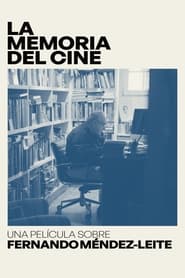 A look at the life and...
A look at the life and...The Memory of Cinema: A Film About Fernando Méndez-Leite 2023
A look at the life and work of Spanish filmmaker and film critic Fernando Méndez-Leite, as he writes his memoirs and a novel with autobiographical resonances.
 How does the vision of the...
How does the vision of the...Berlanga!! 2021
How does the vision of the brilliant Spanish filmmaker Luis García Berlanga (1921-2010) remain relevant in a time whose popular culture has little to do with his own? Since to understand the secrets of an artist it is essential to know the person behind, his family, his friends, his collaborators, as well as prestigious filmmakers and actors trace a collective portrait of a creator as singular as he is universal.
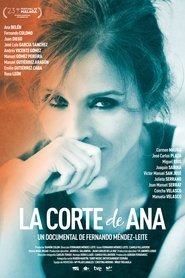 She appeared when Spain was waking...
She appeared when Spain was waking...La corte de Ana 2020
She appeared when Spain was waking up from a long post-war period and crying with melodramas starring children, a child prodigy unlike any other; a girl who, in time, would become a symbol of freedom and a total artist. Actress, singer, friend, lover. This is the story of Ana Belén.
 How Don Quixote de la Mancha...
How Don Quixote de la Mancha...El Quijote desde la platea 2019
How Don Quixote de la Mancha, the immortal character created by Miguel de Cervantes in 1605, has been depicted in cinema, television, cartoons, theater, opera, ballet and other artistic disciplines. An adventure that began more than four hundred years ago in the pages of a book and is far from coming to an end.
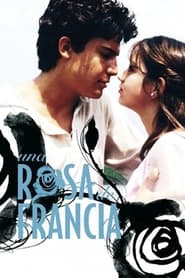 Simn transports illegal immigrants to New...
Simn transports illegal immigrants to New...Virgin Rose 2006
Simón transports illegal immigrants to New York, leaving them to their fate. When he is discovered by the coastguard, a young sailor, named Andrés saves his life. But when Andrés falls for Marie—a young protegée of Simón's—conflict erupts.
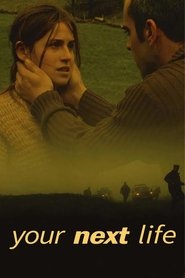 A fight over the calf of...
A fight over the calf of...Your Next Life 2004
A fight over the calf of a prize milk cow in the close-knit and traditional Pas Valley of Cantabria leaves a cantankerous dairy farmer dead and another fearful of arrest. He and his daughter Val conspire to keep the cause of death quiet, but tensions mount when Val becomes attracted to the dead farmer's son, Rai, estranged from his father and now a hairdresser in the city. The tensions open long-festering family resentments and spur the lurid imagination of Val's younger sister, the teen Genia. "What goes unsaid, gets undone," the Pasiegos say, but is it true? Is there harm in staying silent?
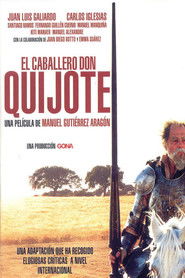 After an old soldier named Miguel...
After an old soldier named Miguel...Don Quixote, Knight Errant 2002
After an old soldier named Miguel de Cervantes (1547-1616) wrote the adventures of Don Quixote and Sancho Panza, the knight and his squire have become very popular. When he learns that the Turkish comes along the Mediterranean coast with a powerful army, Don Quixote will undertake, again opposed by his niece and his housekeeper, a new adventure that begins in La Mancha and ends on the coast.
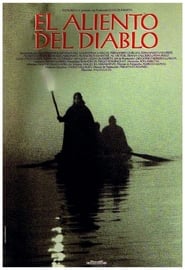 A small family of travelers arrives...
A small family of travelers arrives...The Devil's Breath 1993
A small family of travelers arrives after a long journey at a village hut, which they claim as home. The family consists of Damian, a mute but skilled hunter, his wife Priscila, and their two children, a mute son named Pablo and a beautiful daughter named Agueda. Before long, Don Rodrigo, the feudal lord of the village, sets his sights on both Priscila and Agueda.
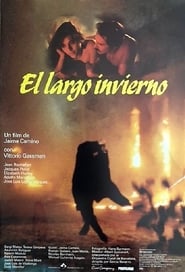 In 1939 Ramn was a young man...
In 1939 Ramn was a young man...The Long Winter 1992
In 1939, Ramón was a young man, caught up in his Barcelona family's involvement on the Republic side in the brutal Spanish Civil War. He and his family fled into exile ahead of Franco's troops. Now it is many years later, and he has come back to see how his old homestead fared in the intervening years. The only person he can find who is able to remember those years clearly is his family's old butler Claudio.
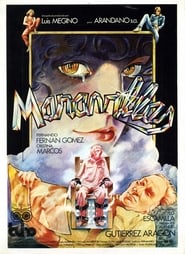 A young Catholic girl takes viewers...
A young Catholic girl takes viewers...Maravillas 1981
A young Catholic girl takes viewers through a changing Spanish political and social landscape as she develops from her confirmation day to adulthood. Her first experience with the real Spain comes when her Jewish godfathers cannot come to her confirmation. One of the godfathers, using a ring, poses an early challenge to her innocence that puts her in danger. He later returns, indirectly introducing her to a new boyfriend. If he is one of the symbols for Jewish life under Franco, or for a Judeo-Christian interaction, that interaction is complex. The young woman encounters different lovers as she grows into adulthood, but at the same time she is burdened with financially supporting her father and his own rather decadent lifestyle. Again, this difference in generations could be understood as a difference between the "new" and "old" Spain; it is up to the viewers to interpret the story elements as they decide.
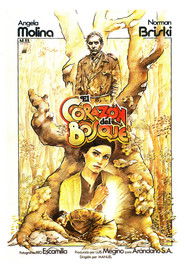 Told in a manner more common...
Told in a manner more common...Heart of the Forest 1979
Told in a manner more common during the Franco era, this movie tells the story of a man who fought with the Republican forces during the Spanish Civil War (1936-39) and has been hiding in the hills for 10 years. Local people help him avoid constant searches by the police, who know he is there. A returning exile seeks him out to try and get him to surrender, with tragic consequences for both of them.
 An aspiring teacher Eduardo Noriega falls...
An aspiring teacher Eduardo Noriega falls...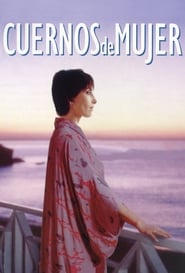 Ana works in an office where...
Ana works in an office where...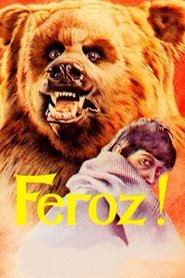 After Pablo runs away from being...
After Pablo runs away from being...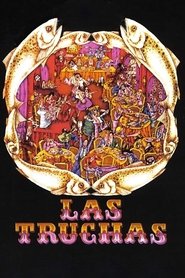 In a restaurant theyre preparing a...
In a restaurant theyre preparing a...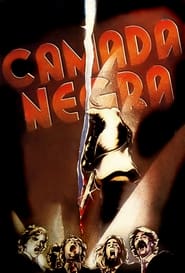 Tatin is a young man of...
Tatin is a young man of...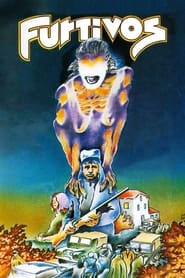 Angel is a poacher who lives...
Angel is a poacher who lives...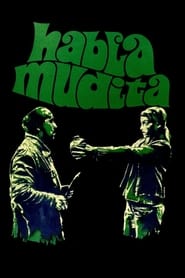 Ramiros grandfather is on vacation in...
Ramiros grandfather is on vacation in...